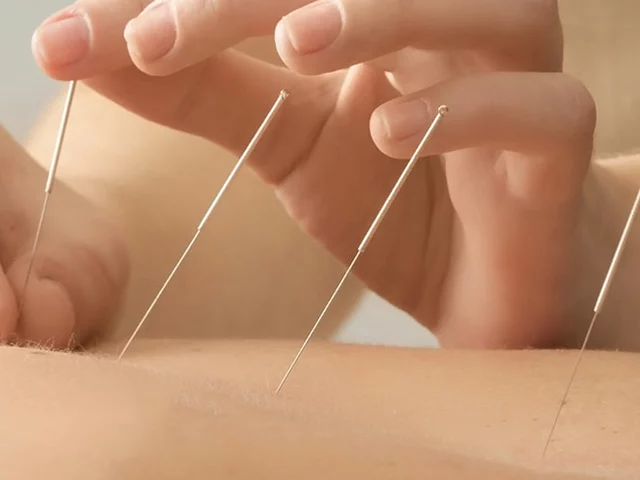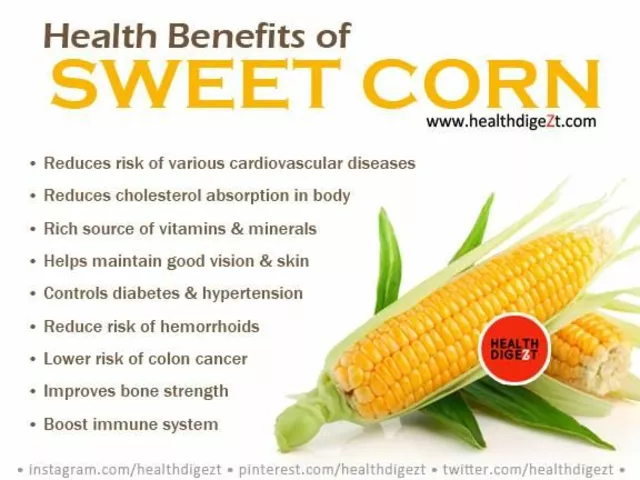Health Platforms: Find Safe, Useful Online Health Tools
Online health platforms can save time, lower costs, and give you better access to care. But not every site is reliable. Use simple checks to separate helpful services from risky ones before you share health data or buy medicines.
Health platforms include telemedicine apps, online pharmacies, patient portals, symptom checkers, and wellness trackers. Telemedicine connects you with licensed clinicians for video or chat visits. Online pharmacies let you order prescriptions and OTC drugs. Patient portals link to your clinic records. Symptom checkers and trackers help monitor conditions, sleep, or activity. Each type serves different needs, so pick the one that matches your goal.
What to look for in a health platform
Start with licensing and credentials: a telemedicine service should list the clinicians and their licenses. For pharmacies, look for pharmacy license numbers and contact info. Check privacy and security: the site should state how it stores data and use standard terms like "encrypted" or "HIPAA" if it serves US users. Read recent user reviews across multiple sites, not just on the platform's page. Transparent pricing and clear return or refund policies matter—avoid services that hide fees until checkout.
Pay attention to how prescriptions are handled. Legit platforms require a valid prescription from an appropriate healthcare professional; beware of sites that sell prescription drugs without asking for one. Shipping and packaging details are useful—trusted pharmacies provide tracking, origin country, and storage instructions for temperature-sensitive drugs.
Quick checklist and red flags
Use this short checklist when evaluating a platform: 1) Visible licenses and contact info, 2) Clear privacy policy, 3) Secure payment methods, 4) Real customer reviews, 5) Honest pricing and refund policy. Red flags include aggressive pop-ups, unusually low prices for brand drugs, no phone contact, and requests for full medical history without a clinician review.
If you need help comparing platforms, read expert reviews that explain safety steps and legal requirements. Our site covers online pharmacies, medication guides, and platform reviews to help you decide. For practical shopping, match the platform type to your need—use telemedicine for diagnosis, a licensed pharmacy for meds, and health trackers for daily monitoring.
Start small: try a free consult or order a low-cost OTC product first to test service speed and support. Keep records of purchases and communications in case you need refunds or medical follow-up. And when in doubt, contact your local pharmacist or primary care provider to confirm a treatment plan before buying medicines online.
Example: if you live in the US, check for a Verified Pharmacy Program seal and a US-based phone number. For telehealth, confirm the clinician's state license matches your location. Keep copies of prescriptions and ask for a printout of the treatment plan after consultations. Save all receipts too.
Want curated reviews and safety tips? Browse our posts on trusted pharmacies, how to buy meds online safely, and platform comparisons. We keep explanations clear and practical so you can pick services that protect both your health and your data.
WebMD is famous for its health information, but it's not the only player in town—and it's definitely not the most specialized or accurate. This article explores platforms delivering sharper, more up-to-date medical expertise and better user experiences than WebMD. You'll discover resources honed to precision, offering support for specific health needs including rare conditions, mental health, and drug information. Get practical advice for navigating these alternatives safely and efficiently. If you ever felt your Google diagnosis spiraled out of control, you'll want to read this.
Read more






